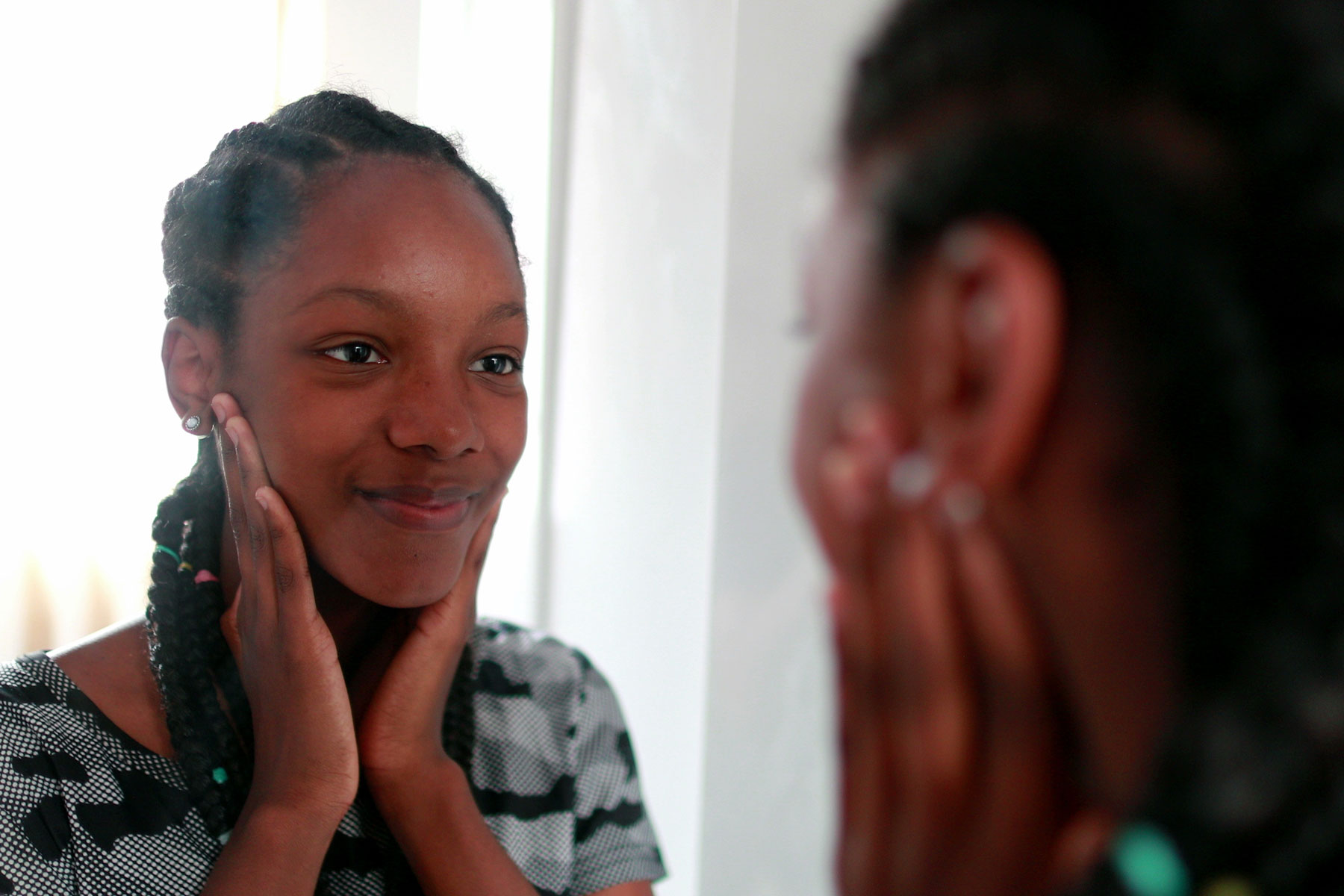Are you struggling with a teenager who seems indifferent to personal hygiene? You’re not alone. Many parents face this issue as their teens transition from childhood to adulthood. Hygiene indifference in teens, a common but often overlooked issue, can stem from various factors, including self-esteem issues, rebellion, and even mental health concerns. Poor hygiene and mental health struggles can be connected, so hygiene problems should not be dismissed as typical teenage behavior.
Learn more about the root causes of hygiene indifference to understand and address the concerns your teen may be facing. Read on here to discover how hygiene and mental health are related and how you can talk to your teen about their struggles.
What Is Hygiene Indifference?
Hygiene indifference is an apathy or lack of interest in personal cleanliness and grooming. Basically, it’s when your teen seems to have a “meh” attitude towards showers, brushing teeth, changing clothes, or general tidiness. You might notice them skipping showers, wearing the same clothes for days, or neglecting dental hygiene. Now, all kids can be a bit lax about cleanliness from time to time, but when it becomes a consistent pattern, it might be time to take a closer look.
Here’s the thing, while it might seem like a mere annoyance or phase, hygiene indifference can actually be a sign of underlying mental health issues. Depression, anxiety, and other mental health conditions can often manifest in teens as a lack of interest or energy to maintain personal hygiene. The daily routine of self-care can feel overwhelming or pointless to a struggling teen, leading to this indifferent behavior. So, it’s important to remember that what looks like laziness could be a cry for help.
Signs That Hygiene Indifference Might Be a Mental Health Concern
Apart from the obvious signs of poor hygiene, there are other indicators that your teen’s lack of interest in personal cleanliness might be connected to their mental health. These include:
- Neglecting other self-care tasks, such as eating or sleeping regularly
- Social withdrawal and isolation
- Changes in mood or behavior, including irritability and low motivation
- Decline in academic performance or extracurricular activities
If you notice these signs, it’s essential to have an open and honest conversation with your teen about their well-being. Remember to approach the topic with empathy and without judgment. Your teen might be struggling with something deeper that they don’t know how to express.
What Can Parents Do About Teen Hygiene Indifference?
As a parent, it can feel tough to tackle teen hygiene indifference, but don’t worry — there are steps you can take to help. Open communication is key. Start a casual conversation about the importance of hygiene, not just for physical health but for emotional and social well-being, too. Try to avoid lectures, and instead, make it a two-way dialogue, allowing your teen to express their feelings and thoughts.
Don’t forget to praise them for their efforts. Acknowledging their progress can boost their motivation to continue maintaining good hygiene. If their indifference persists, or if you notice signs of distress or depression, it might be time to seek professional help. Remember, mental health is just as important as physical health, and it’s okay to ask for help when needed. Through it all, keep showing your love and support.
Call Ascend Today for Teen Mental Health Help
If you’re concerned about your teen’s hygiene indifference, Ascend is here to help. Our depression treatment program addresses the underlying causes of mental health struggles and provides tailored treatment plans to support your teen’s well-being.
Don’t wait — call 310.388.3713 or reach out online today to learn more and take the first step towards a brighter future for your teen.








